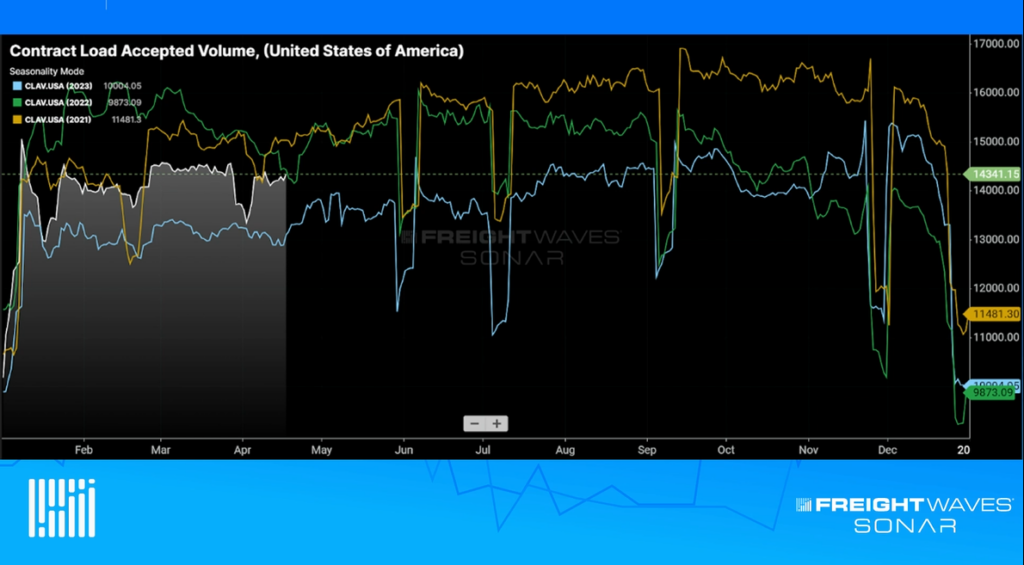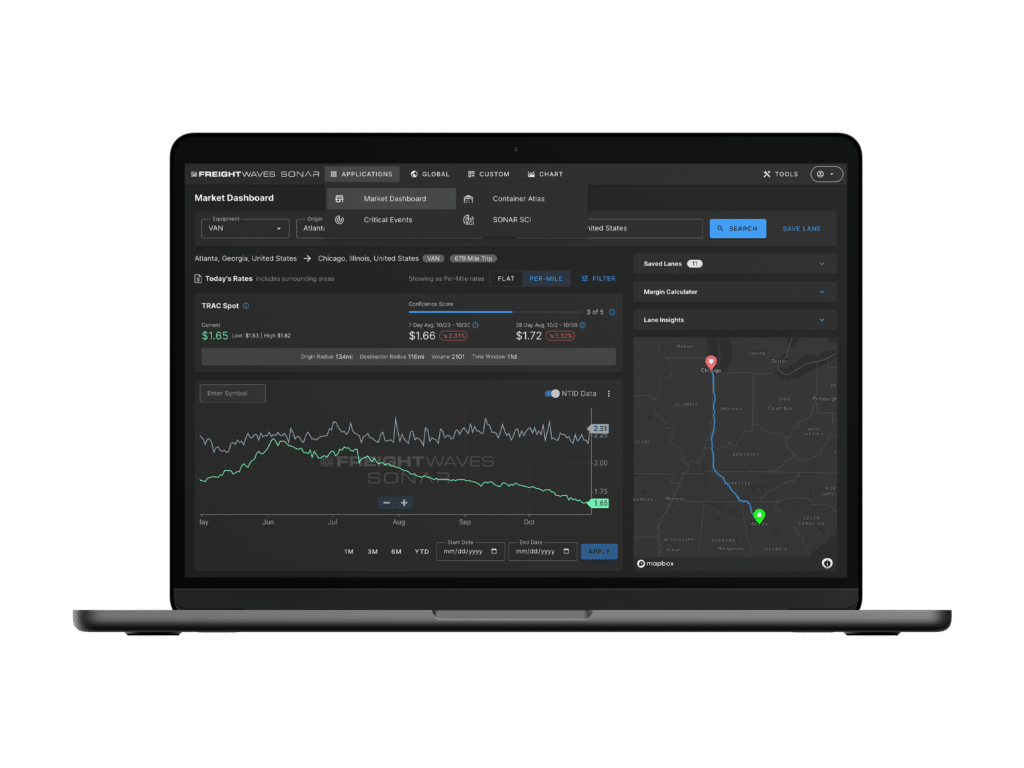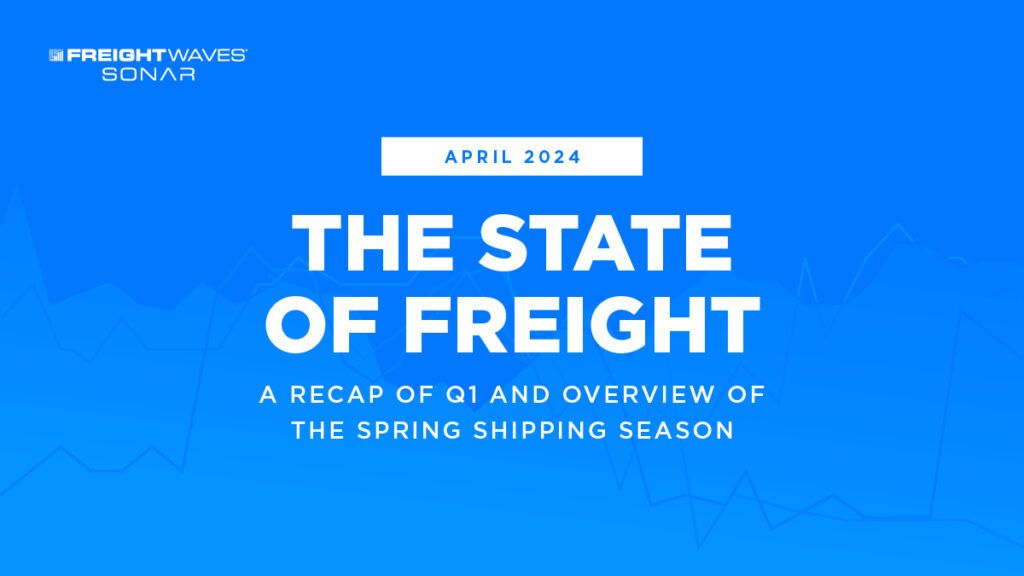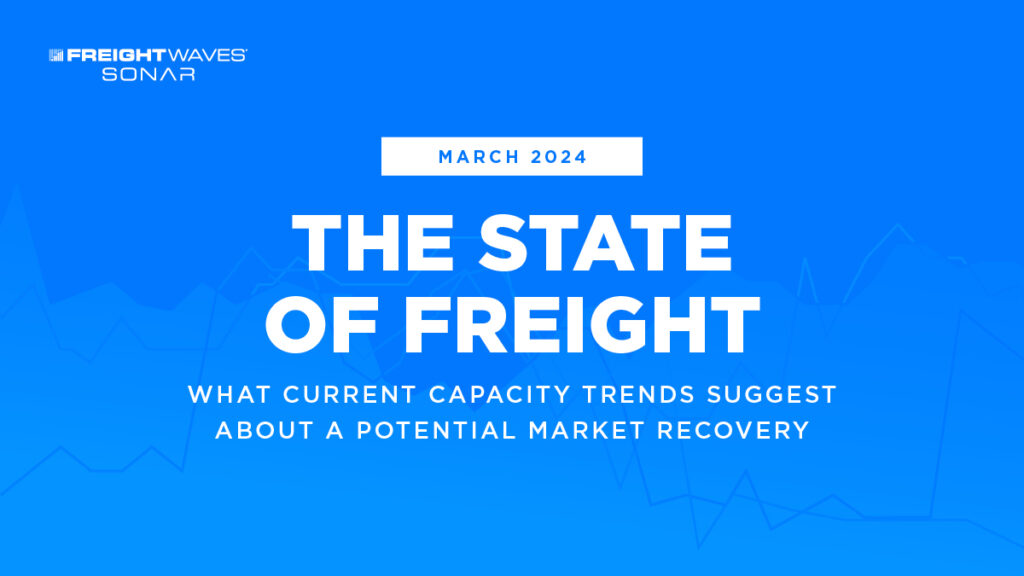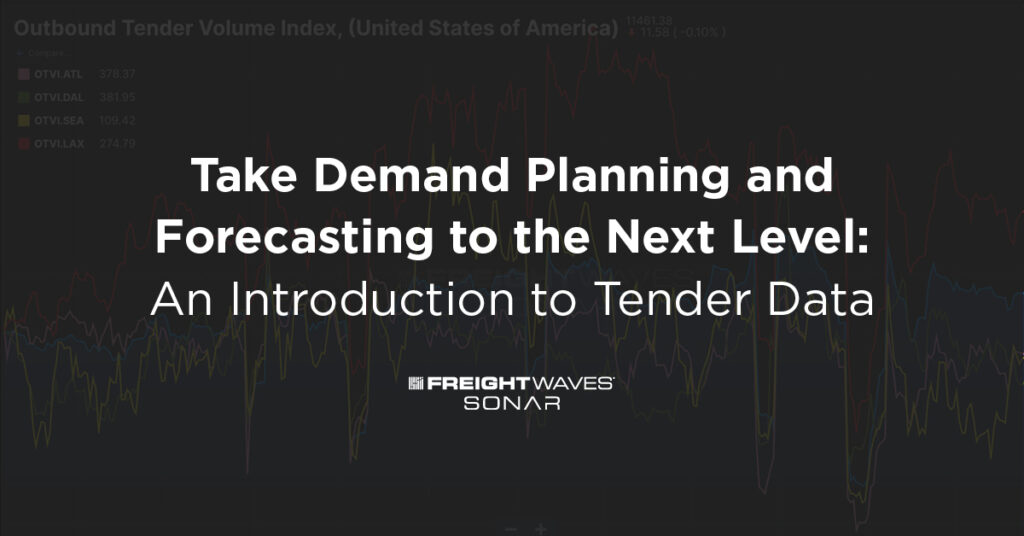Benchmarking is the act of comparing and contrasting your operational and financial performance versus peers, using a common ‘language.’ There are many reasons why benchmarking is a useful exercise for any enterprise. First, and foremost is that benchmarking will eliminate the status quo within a company. Complacency can creep into any business, large or small, and without external data to prevent the constant rationalization of underperformance, many companies don’t realize their full potential.
The most common objection to the exercise of benchmarking is “I’m Different.” Every company has nuances and specialties, and no two companies are perfectly ‘alike.’ However, the basic scorecard of any business is: 1) How much did you invest; and 2) What kind of returns did you generate on that investment. From there, the scorecards can deviate and become more specific, and the comparisons can become less relevant, and perhaps even a distraction. That’s why it’s important that a proper benchmarking program includes a common language that is specific to an industry and is flexible to adapt to the consensus of the participants.
Within the freight brokerage industry, FreightWaves has established a common language for freight benchmarking. This language addresses differences from company to company on transactional, operational and accounting data. Converting this data to a uniform standard means brokerages now can anonymously compare their performance on hundreds of metrics, and immediately identify areas to improve, and set realistic objectives for the future. This freight data is not available anywhere else in the transportation industry.
Here are some practical use cases, specific to freight brokerage, that freight benchmarking can provide:
Profitability – Understanding your net margins on a per load basis, after all carrier settlements, labor and other overhead. Too often, the story starts and ends with gross margin in brokerage, but doesn’t take into account (perhaps) inefficient labor or too much fixed overhead. Collecting general ledger data, in addition to the transactional details, adds more context.
Margin Efficiency – Being able to compare margin by mode, and lane against peers with a sufficient density of reporting companies is extremely valuable. Adding specific time intervals provides another layer of context. To some extent, this data is available in the market, but there are no services that let you adjust the anonymous peer group (e.g. cradle to grave, hybrid, split), revenue and headcount.
Risk – Risk tolerance can be measured many ways within a freight brokerage. One of the common ways is to calculate the percentage of loads within a certain time range that were covered at a loss. The optimal range varies from company to company, but in general, if it’s consistently 0% or close to it, the business is not being aggressive enough, which translates into lost opportunities. Conversely, if you are consistently in the high single digits, this signals sloppy processes and a lack of operating controls.
If you’re interested in learning more about how FreightWaves can help you benchmark your brokerage performance, click here to arrange a consultation: FreightWaves Benchmarking.
FreightWaves also provides aggregated and anonymous indexes derived from dozens of trucking freight brokerages.. If you are interested in learning more about SONAR, click here.




